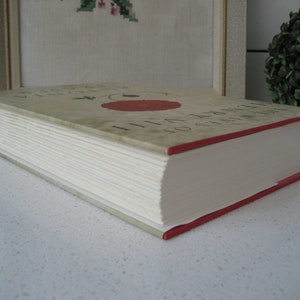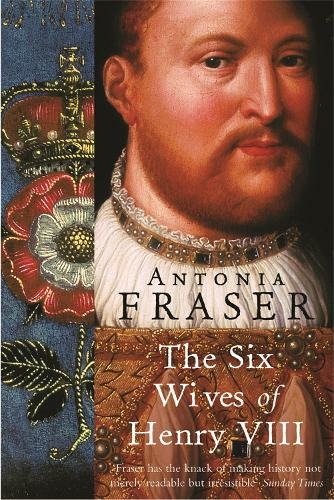
For the rest, erroneous statements predictably gather around Thomas Cromwell. Positive errors are few, especially if one allows that a reference to a mysterious 'day stamp' probably reflects a sub-editorial misreading of the familiar dry stamp. Inevitably, she has missed some not unimportant writings, a gap which mainly affects parts of the book that deal with matters at best marginal to the wives' tale she is poorly informed, for example, on such things as the Pilgrimage of Grace or the problems of Archbishop Cranmer. In particular, she should have been less trusting in the face of the heavily biased and often quite unreliable reports of the imperial ambassador, Eustace Chapuys. Lady Antonia has read widely and energetically, though not always wisely: some of the works she relies on deserve less respect than she bestows upon them. The fact that he was handsome in his youth and intelligent all his life should not disguise a horribleness which piled up corpses in his day and problems for a century after. So perhaps, if you do want to read a book on this topic, you may want to do a shout out to see which one actually is the one that everyone raved about.True, the absence of an heir and the presence of rival claimants to the throne constituted a great political problem needing repeated attention, but only Henry VIII solved all his problems by killing - killing innocent wives and loyal servants - on the simple principle that the best way out of difficulties was to sacrifice scapegoats. One of these two books was highly recommended by PBT members - and unfortunately, I'm not sure which one - but something tells me it might have been Weir's and not Fraser's. There is a book of the same title written by Alison Weir. If you aren't familiar with his story - I highly suggest renting HBO's The Tudors - which I now know (thanks to Fraser's book) has a lot of historical accuracy to it while being totally engrossing.Īll in all, if you are interested in Tudor history, this book gives a great historical frame of reference for the period. Seriously, Henry VIII would be featured on the front of People magazine for 10 plus years if this story were taking place in the modern day.

She does her best to weave an interesting tale - but you can't help but think how much MORE interesting this story would be if we were experiencing it in modern times with a modern press.

To me, this book really does read like history if Fraser doesn't know something, she doesn't make any assumptions without making it clear that she is doing so.

In the process, she certainly also portrays King Henry. Bear that in mind if you decide to pick it up.įraser basically devotes her book to understanding the various wives, why Henry VIII chose them, what caused their demise, and the political backdrop that influenced everything the king did. So my four stars has NO CONTEXT whatsoever. Let's just put all the cards on the table, shall we? I don't read history books.


 0 kommentar(er)
0 kommentar(er)
